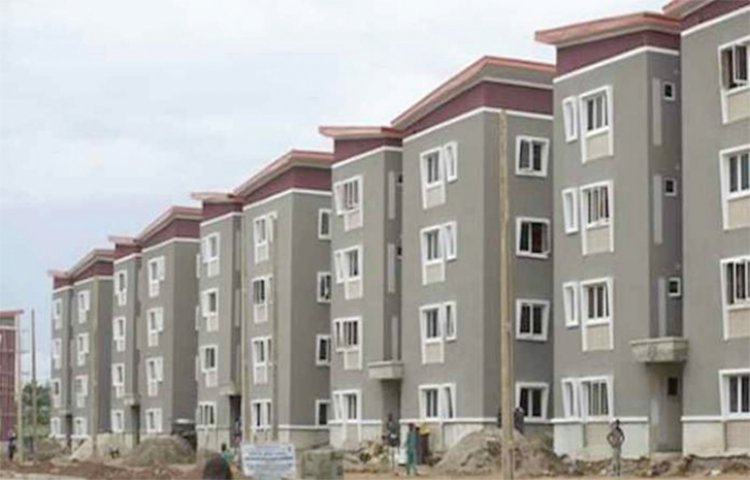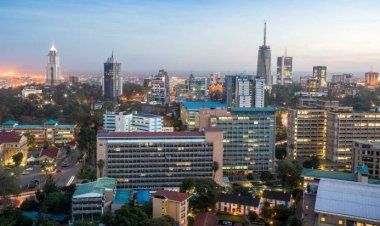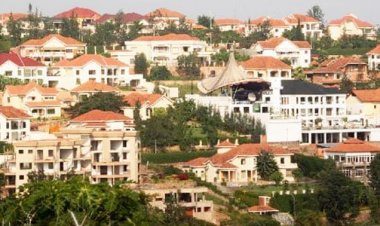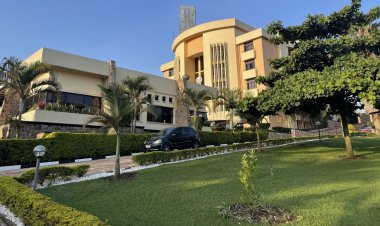How Foreign Investors Have Transformed the Real Estate Landscape in East Africa
Foreign investors' capital, expertise, and innovative approaches are reshaping the urban landscapes of countries like Kenya, Tanzania, Uganda, Rwanda, and Ethiopia.

East Africa has emerged as a magnet for foreign investors seeking lucrative opportunities in the real estate sector. With their growing economies, stable political environments, and increasing urbanization, countries like Kenya, Tanzania, Uganda, Rwanda, and Ethiopia have witnessed a surge in foreign direct investment (FDI) in the real estate sector.
1. Rising FDI in East African real estate
Over the past decade, East Africa has seen a substantial influx of foreign capital into its real estate sector. Investors from various regions, including Europe, Asia, and the Middle East, have identified the region's potential for high returns and long-term growth. The FDI has been directed towards diverse real estate segments, such as residential, commercial, industrial, and hospitality.
2. Key drivers of foreign investment
Several factors have contributed to the increased interest of foreign investors in East African real estate:
a. Rapid urbanization
East Africa's urban population is expanding rapidly, leading to a surge in housing demand and the need for infrastructure development. Investors view this as an opportunity to capitalize on the growing demand for residential and commercial properties.
b. Favorable government policies
Governments in East Africa have implemented policies to attract foreign investment, including streamlined procedures for property acquisition, tax incentives, and relaxed regulations. These measures have created a conducive environment for foreign investors.
c. Infrastructure development
The ongoing infrastructure projects, such as transport networks, airports, and ports, have enhanced connectivity within the region. This has attracted foreign investors who seek to capitalize on the improved accessibility and the potential for economic growth.
3. Impacts on the local real estate market
The presence of foreign investors in East Africa's real estate market has had several impacts:
a. Increased investment and development
Foreign investors have injected significant capital into the real estate sector, leading to the construction of modern residential and commercial properties. This has contributed to the overall development and modernization of the local real estate market.
b. Job creation and skill transfer
The influx of foreign investment has created employment opportunities for local communities, ranging from construction workers to property managers. Additionally, foreign investors often bring expertise and knowledge, leading to skill transfer and capacity building among the local workforce.
c. Rising property prices
The increased demand for real estate, coupled with foreign investment, has led to rising property prices in some areas. While this benefits property owners, it may pose affordability challenges for the local population, requiring policymakers to address potential social and economic implications.
d. Economic growth and foreign exchange
Foreign investment in real estate contributes to economic growth by attracting additional investments, generating tax revenues, and boosting foreign exchange earnings through property sales and rentals.
Foreign investors are playing a significant role in transforming East Africa's real estate sector. Their capital, expertise, and innovative approaches are reshaping the urban landscapes of countries like Kenya, Tanzania, Uganda, Rwanda, and Ethiopia. While their presence brings numerous benefits, it is essential for policymakers to strike a balance between attracting foreign investment and ensuring the affordability and inclusivity of the real estate market for the local population. By leveraging the potential of foreign investment, East Africa can continue to develop its real estate sector and support sustainable economic growth.
If you have a real estate press release or any other information that you would like featured on African Real Estate Blog Post, do reach out to us via email at [email protected]

































